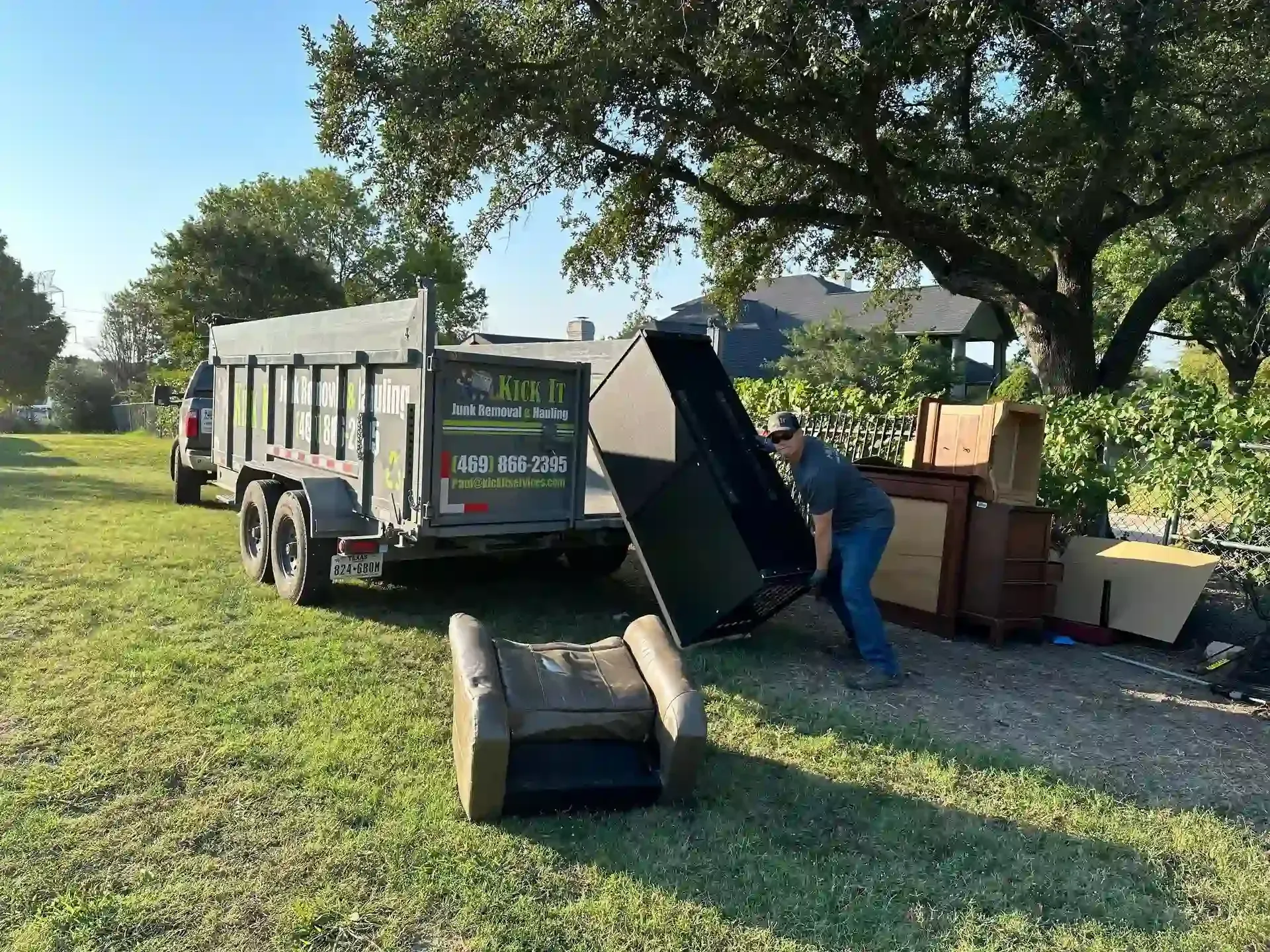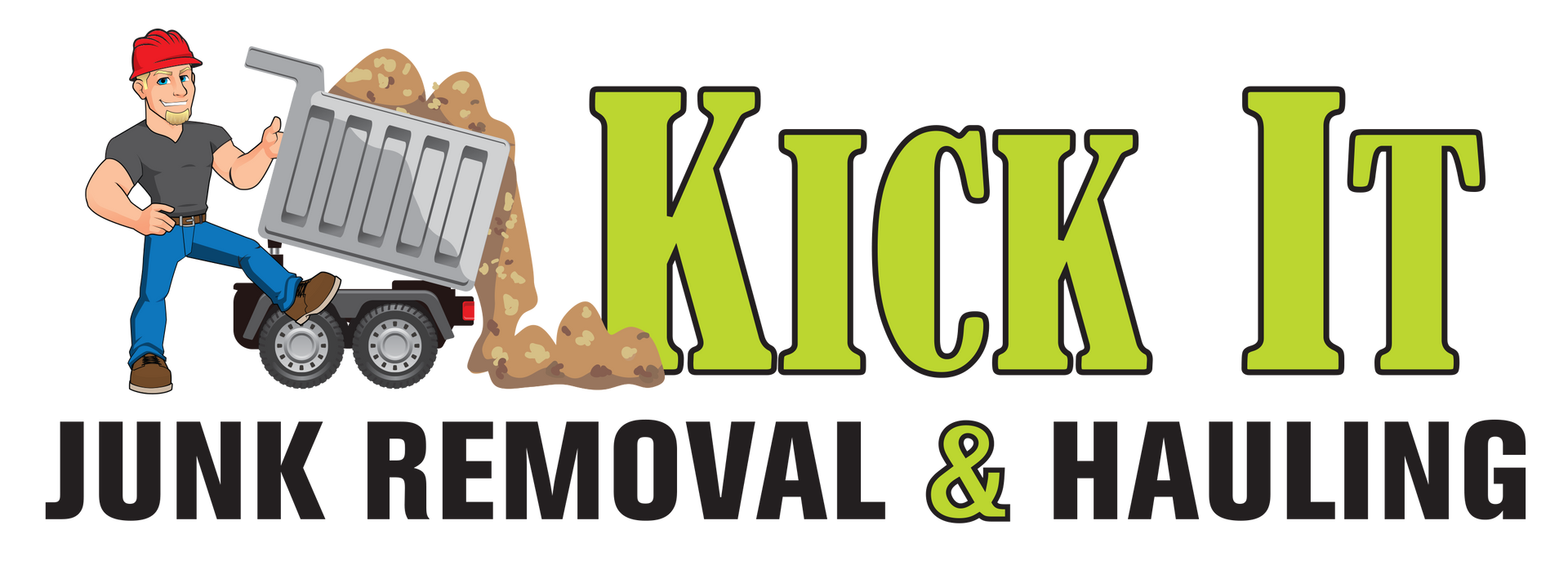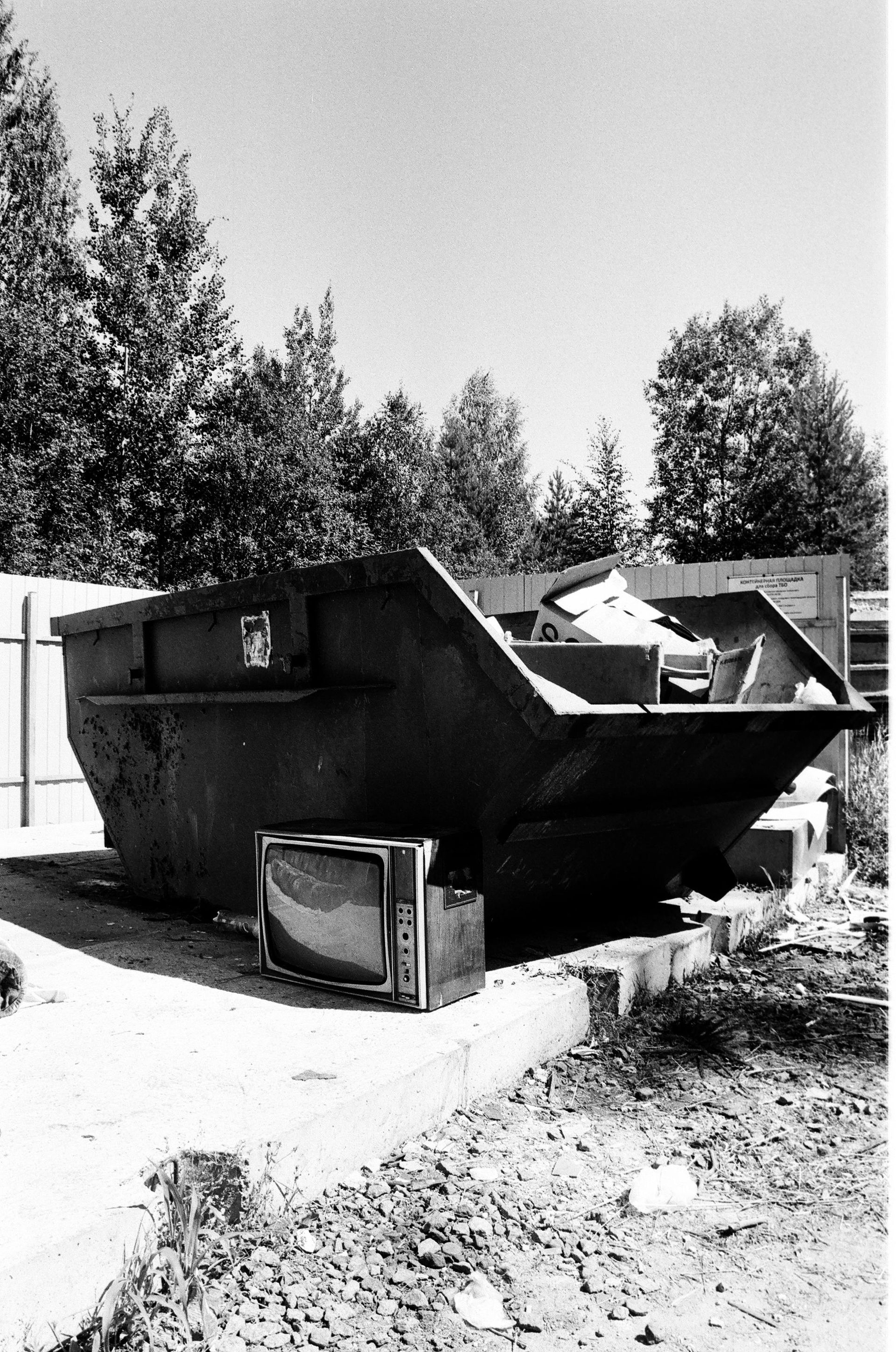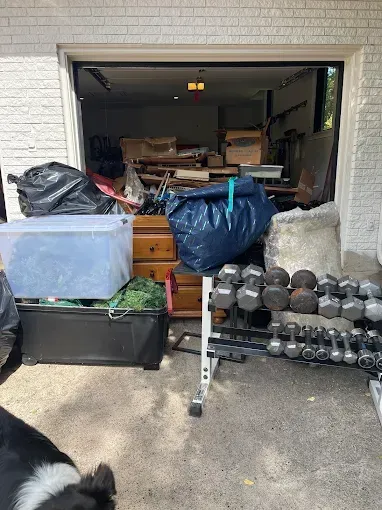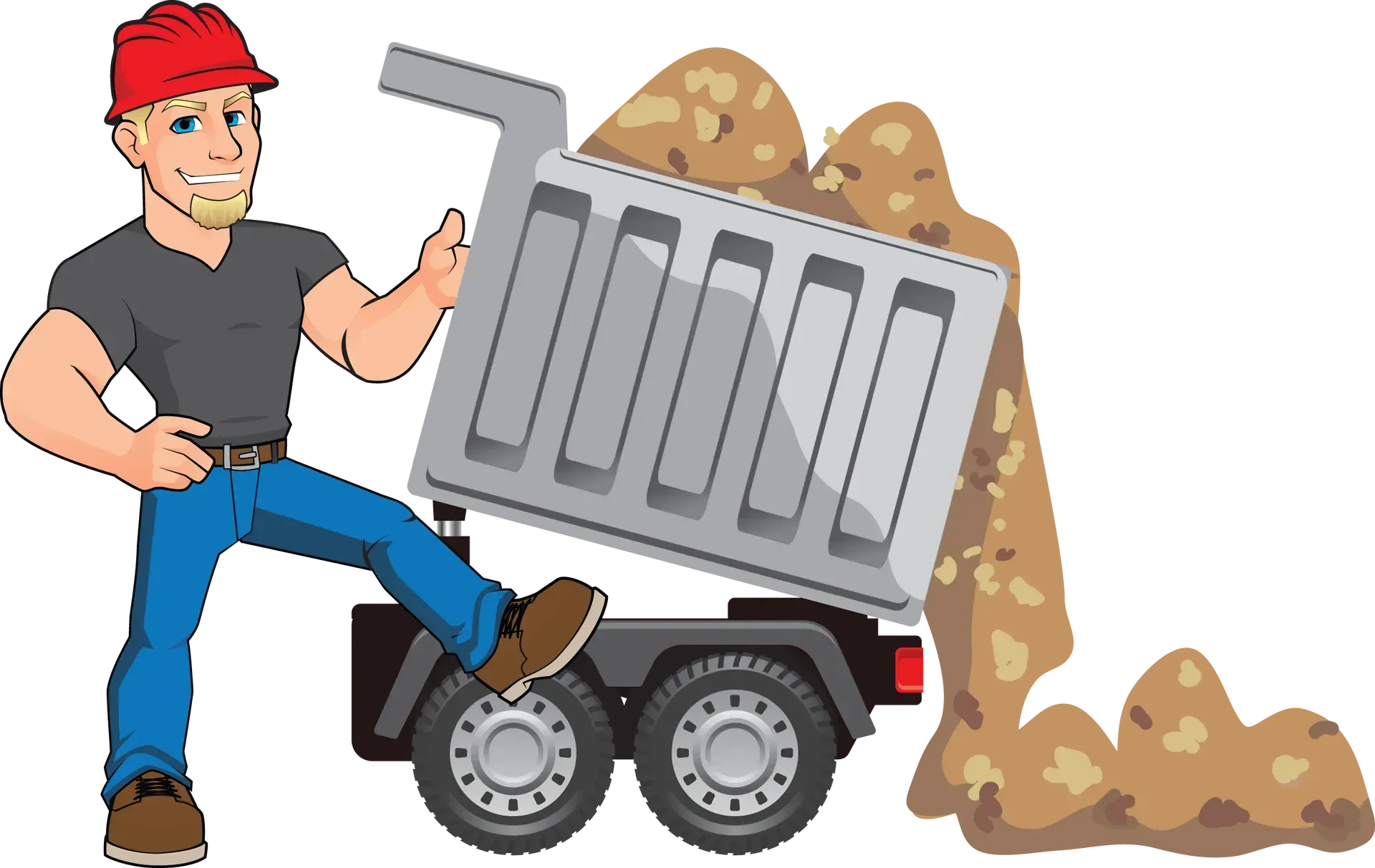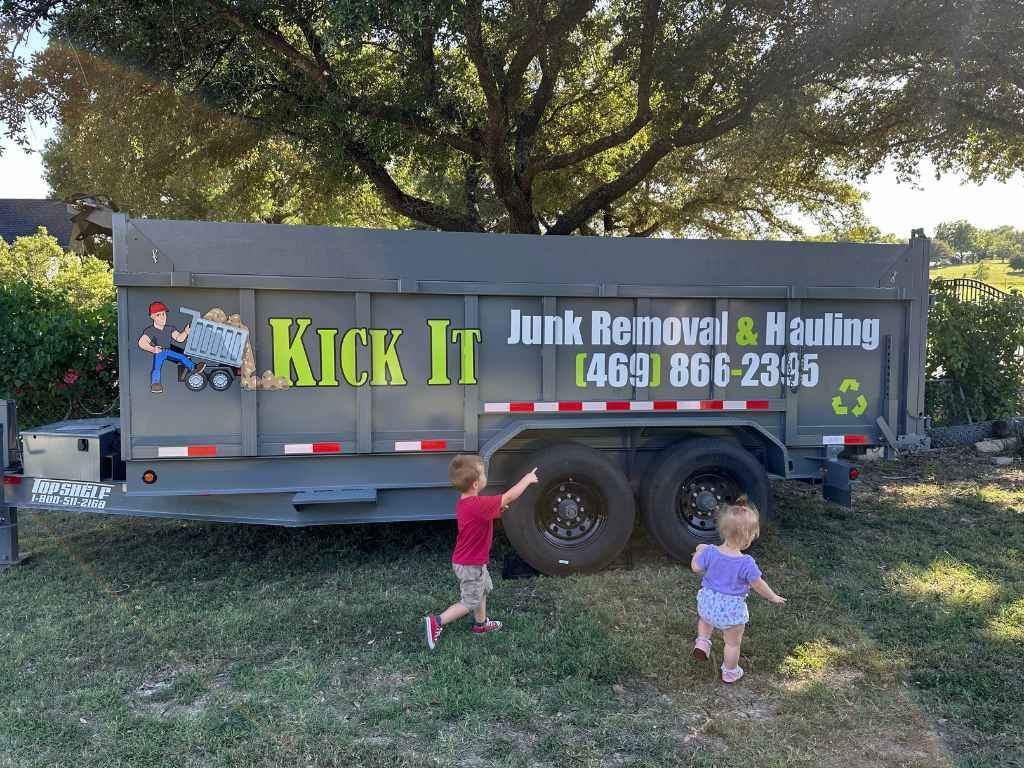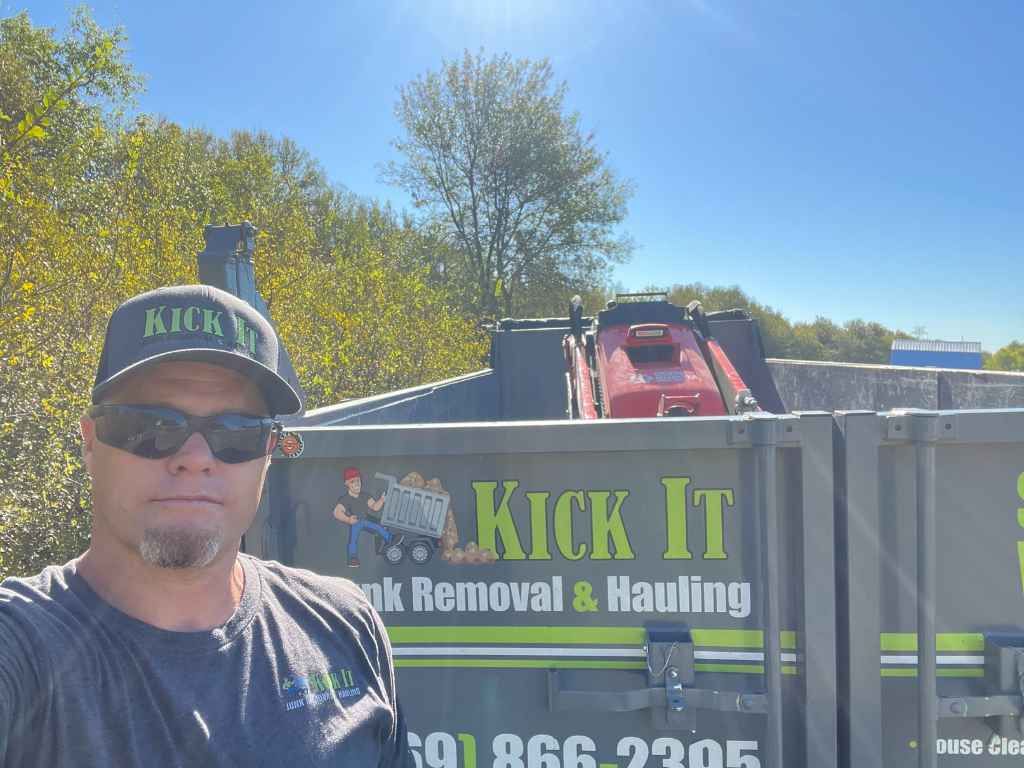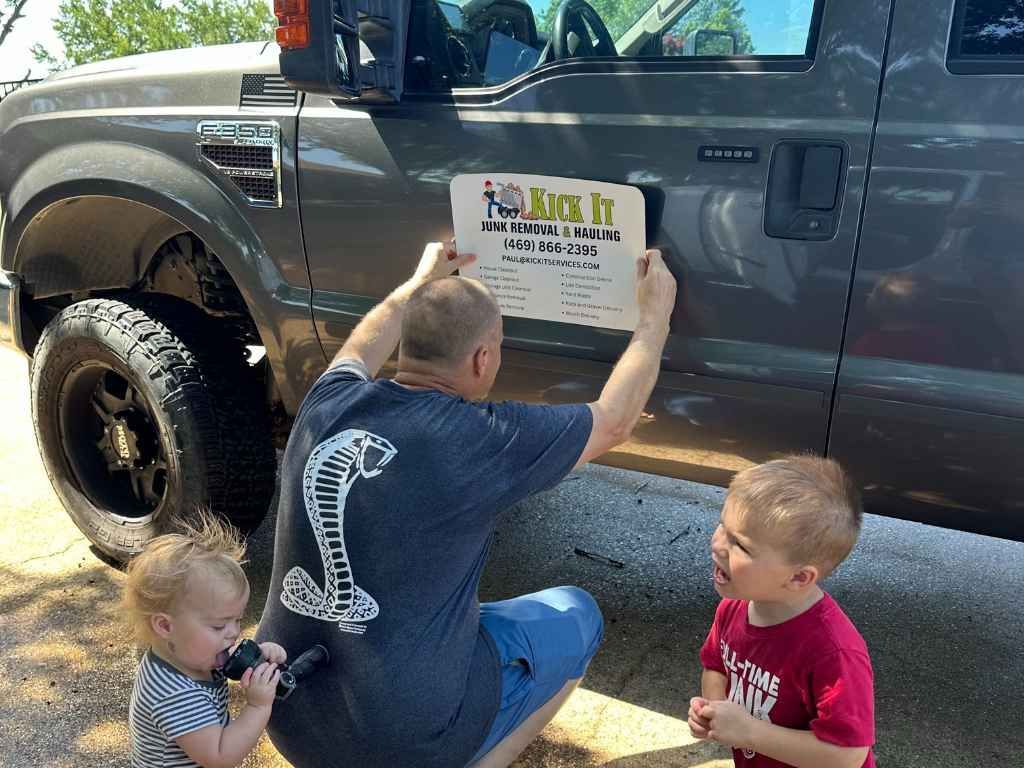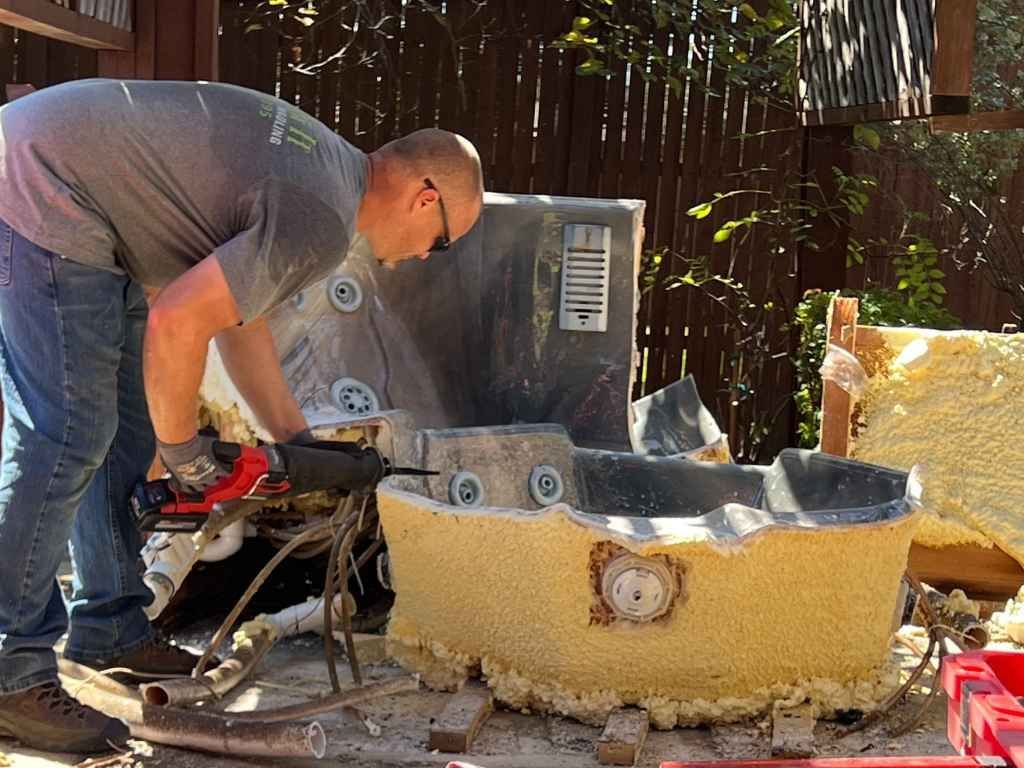Managing Junk Removal During a Business Closure
When a business closes, whether due to restructuring, downsizing, or liquidation, one often overlooked but crucial aspect is junk removal. The process of clearing out all unwanted or obsolete items from the premises can seem daunting, but it is essential for maintaining order and preparing the property for sale or a new purpose. Efficient junk removal ensures that the business’s closure is handled smoothly and leaves behind a clean, well-maintained space.
Junk removal during a business closure requires a strategic approach that addresses multiple concerns: from sorting through accumulated debris, furniture, equipment, and inventory, to handling hazardous waste and coordinating the timing of removal. In this article, we’ll explore key steps for managing junk removal during a business closure, offering practical advice on what to prioritize, how to approach the task, and the importance of professional help in clearing out your business space.
Efficient Junk Removal Tips for a Smooth Business Closure
When closing a business, one critical aspect to address is junk removal. This process involves not just clearing out old equipment, furniture, and inventory, but also organizing and prioritizing items to determine what should be kept, sold, recycled, or disposed of. Managing junk effectively ensures your space is ready for its next phase, whether that’s renovation, sale, or leasing. Opting for a professional service can streamline the entire removal process, allowing you to focus on other essential closure tasks.
A carefully planned junk removal strategy will help you avoid the stress of clutter during a business shutdown. Sorting through office furniture, documents, electronics, and deciding which items to recycle or donate can make the process environmentally friendly and sustainable. Timing is crucial to meet lease deadlines and avoid unnecessary complications.
Managing the Complexities of Junk Removal During Business Closures
Business closures often involve not only the cessation of operations but also the daunting task of clearing out physical spaces. Sorting through old inventory, furniture, and equipment can be a time-consuming and stressful process. However, with careful planning and a structured approach, junk removal can be managed effectively, ensuring a smooth transition for your company’s future. Sorting what to sell, donate, recycle, or dispose of will reduce waste and streamline the closure process.
By working with a junk removal service, business owners can save time and effort in clearing out all the unwanted items. These professionals are equipped to handle hazardous materials, bulky furniture, and electronic waste, ensuring proper disposal and minimizing liability.

The First Step: Assessing the Situation
Before any physical work begins, a thorough assessment of the items to be removed is essential. Business closures often leave behind a wide array of items: office furniture, old technology, inventory that may no longer be useful, and sometimes, even construction materials or specialized equipment.
Here’s a checklist for this crucial first step:
- Inventory Check: Catalog all items that will need to be removed. Are they still functional or valuable? Do any items need to be sold or donated before removal?
- Type of Items: Identify the different types of materials. Furniture, electronics, and documents often require specialized handling and disposal methods.
- Hazardous Waste: Old cleaning chemicals, broken electronics, or certain materials may require special disposal methods due to safety concerns.
Sorting and Prioritizing the Junk
Now that you've got a sense of what needs to be removed, sorting and prioritizing becomes the next step. Not all junk is created equal. Some items may have a higher value or can be repurposed, while others may need to be disposed of immediately. Sorting helps streamline the process and ensures that you don’t waste time or resources on unnecessary items.
Key Areas to Focus On:
- Furniture and Office Equipment: Office desks, chairs, filing cabinets, and conference room tables can often be resold or donated. If you’ve operated a larger business, some of the furniture might even be in high demand.
- Electronics: Old computers, fax machines, or office phones need to be handled with care. Many electronics can be recycled or resold, but some may contain sensitive data that must be wiped clean before disposal.
- Documents and Files: Business closures often involve the disposal of old paperwork, from financial records to contracts. It is important to ensure any sensitive or confidential information is securely shredded.
- Inventory and Supplies: Unused inventory, such as merchandise or construction materials, can often be donated or sold. Items that are outdated or unsellable will likely need to be thrown out.
Taking the time to sort everything will not only help make the removal process easier but can also reduce costs if you decide to donate or sell items that otherwise would have been thrown away.
Timing and Scheduling the Junk Removal
Effective junk removal requires timing. You don’t want to wait until the last minute to start the process. In fact, planning ahead and allowing enough time for each phase of the closure will ensure you can meet deadlines without rushing.
Consider these factors when scheduling junk removal:
- Space Usage: If your space is being leased, you may have a set date by which it needs to be vacated. Be mindful of how much time you’ll need to clear the entire space.
- Team Involvement: Are employees or hired help available to assist with the process? If the space is large or filled with heavy furniture, you might need professional movers or a junk removal company to help.
- Disposal Locations: Many junk removal companies charge based on how far they need to transport the junk. Knowing the proximity of donation centers or recycling facilities can help save costs.
- Volume of Junk: If you have accumulated a large volume of junk over the years, it is essential to spread the removal across multiple days rather than trying to remove everything in one go. Spacing out the removal ensures efficiency and prevents clutter from building up.
Handling Hazardous Materials
Some junk removal projects come with special challenges, particularly when hazardous materials are involved. The risk of improper disposal of these items can pose a safety threat, so handling these materials with caution is a priority.
Hazardous materials that may require special handling include:
- Cleaning Chemicals: Some businesses use industrial-strength cleaning agents that can’t simply be thrown in the trash. It is crucial to know local regulations for disposing of chemicals or to arrange for a professional service to remove them.
- Old Electronics: Many electronic devices contain harmful substances like lead, mercury, and cadmium. These items must be taken to designated e-waste recycling centers.
- Construction Debris: If your business closure involves a renovation or demolition, you may be left with construction debris. Some materials, like asbestos, require certified professionals for removal.
- Fluorescent Light Bulbs: These can contain mercury and must be disposed of in accordance with local regulations.
When in doubt, consult with a professional junk removal service that specializes in handling hazardous materials. They’ll ensure everything is disposed of safely and legally.
Disposing of Junk: Recycling and Donations
One of the most responsible actions a business owner can take during a closure is to prioritize recycling and donating unwanted items. Not only does this reduce the environmental impact of your closure, but it also contributes positively to your community.
- Donations: Consider donating office furniture, electronics, or even unused inventory to local charities or schools. Not only does this support local causes, but it may also offer tax benefits.
- Recycling: Many items such as paper, cardboard, plastics, and metals can be recycled. Research local recycling programs and take advantage of services that help divert waste from landfills.
- Electronic Waste: Instead of tossing old computers, printers, and other electronics in the trash, find a certified e-waste recycler to ensure safe disposal.
Making the effort to recycle and donate not only helps reduce the amount of waste going to landfills but also gives your business closure a more positive environmental impact.
Hiring Professional Junk Removal Services
While some business owners may attempt junk removal on their own, hiring professional junk removal services can make the process much smoother. Professional services are equipped to handle large volumes of junk, including bulky items, hazardous materials, and hard-to-remove debris. They’ll also have the experience needed to efficiently clear out the space, saving you time and energy.
Benefits of Hiring Professionals:
- Efficiency: Professional junk removal companies have the tools, manpower, and expertise to clear out a space quickly and thoroughly.
- Safety: They understand the proper handling and disposal of hazardous materials, reducing the risk of accidents.
- Cost-Effective: While it may seem like a financial investment, hiring a junk removal service may actually save you money in the long run by reducing the amount of time and effort required to do the job yourself.
In some cases, professional junk removal services even offer eco-friendly disposal options, ensuring that your items are recycled or donated when possible. By hiring experts, you ensure the process is both fast and compliant with environmental and safety regulations.
Conclusion
The process of managing junk removal during a business closure is more than just about cleaning out a physical space. It requires careful planning, organizing, and strategic decision-making. By taking the time to assess the situation, prioritize what needs to be removed, and schedule junk removal at the right time, you can ensure that the process goes smoothly. Whether it is handling hazardous waste or donating items for a good cause, keeping your business’s closure orderly and environmentally responsible can have lasting benefits.
If you find yourself overwhelmed by the task of junk removal or need professional assistance to navigate the process during your business closure, reaching out to a reliable junk removal service is always a good option.
